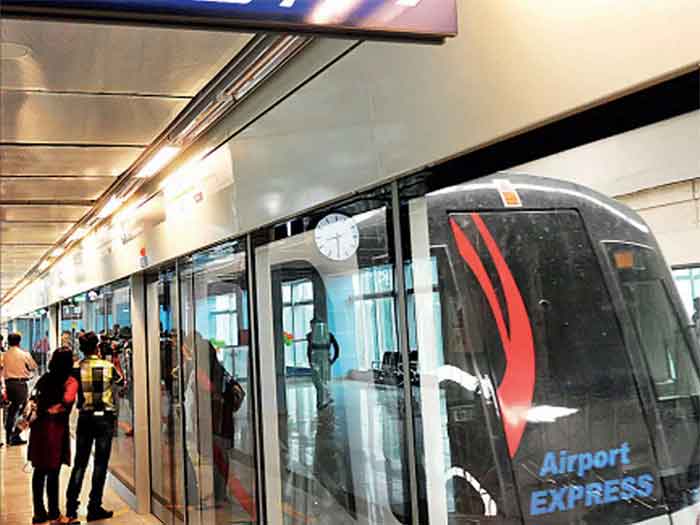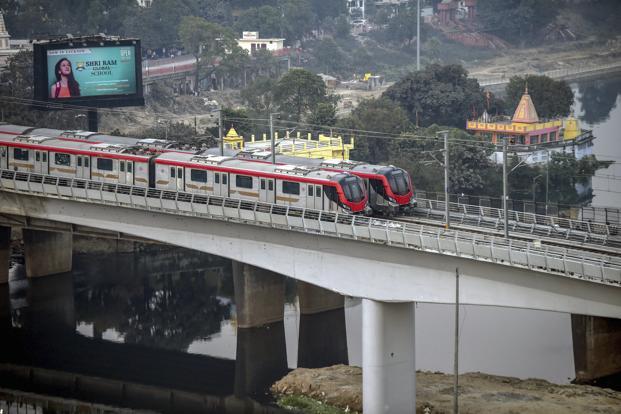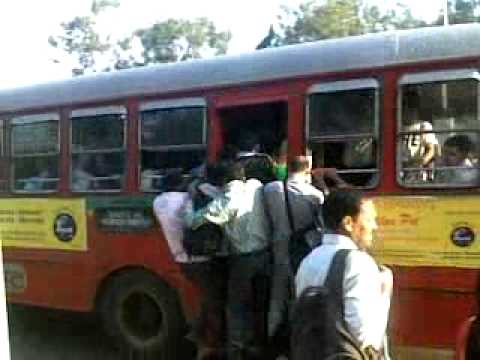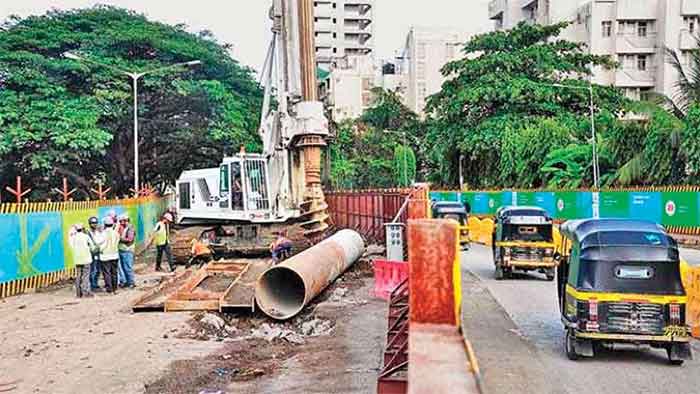
Mr Durga Shankar Mishra, the secretary of the union ministry of urban affairs, says that his son, an architect, cycles seven km from his home to his office in Delhi and back every day. That is the encouraging part. The younger generation can usher in a change.
The not so good part is that most bureaucrats and politicians have little interest in pushing for an alternative, environment-friendly pattern of transport.
They are still wedded to the vey expensive model of Metro railway and are obsessed with high technology, observers point out.
Mr Mishra made the point about his son at the 13th annual urban mobility conference organized online by the union ministry yesterday.
The keynote address was delivered by Jan Gehl, the internationally renowned urban planner who has been emphasizing the importance of transport policy to benefit ordinary people, not motorists.
He cautioned against use of high technology and talk of so-called smart city type , expensive solutions.
Mr Mishra in his concluding address, however, nearly overturned this basic, simple thinking by lauding high technology, Metro rail and the like. He said Metro was not just a matter of mobility but a symbol of development.
He had earlier welcomed Mr Gehl’s approach but in his summing approach he sang a different tune.
That is the sad part. Some other bureaucrats, in complete contrast to the spirit of pro-people approach of Gehl, talked of profits, curbs on workers, promotion of information technology solutions, they were totally unconcerned with the human element.
The conference was supposed to promote public transport but where is the commitment to the cause ? None of the bureaucrats seemed even aware that the country’s pioneering public sector Maharashtra State Road Transport Corporation, was in the midst of a serious financial crisis even while the worthies were talking in the online conference.
At that very time thousands of workers of the corporation were complaining bitterly that they had not got wages for the past few months though the ST buses had done a great job in carrying people during the Covid crisis in Mumbai. Two workers of the corporation recently committed suicide.
Most bureaucrats and politicians talk nonchalantly about the urban transport and congestion crisis. It is as if it has arisen just like that, automatically. What can we do, there has been an explosion in the number of private vehicles in the past few decades, that is the kind of excuse they trot out. They need to be told that they are responsible for the mess, their industrial policy of vehicle production, promotion of the car culture, utter neglect of bus and cycle culture is responsible.
Interestingly, more progressive ideas emerged from an operator of a fleet of private buses, Mr Prasanna Patwardhan, than from officers of public sector undertakings.
He said sadly buses were barred from congested area , the excuse is that they are large sized. But they carry many more people than cars and should in fact get priority. He also said bus transport needed proper planning, infrastructure and budget allocation.
A forceful plea for bus priority in the urban transport system was made by Shashi Verma of Transport for London. He said Covid was a great opportunity, we need to take the bull by the horn. He said it was very wrong to have embraced the unsustainable, high cost private vehicle model. Metro railway is all right but buses are the key factor, they must be promoted in a big way.
Mr Surendra Kumar Bagde, general manager of BEST undertaking in Mumbai, showed how much an officer could be against the spirit of the public secor. He seemed to think it was a great achievement on his part to run buses without a conductor in Mumbai. There was a paradigm shift, something happening in India for the first time, he stressed.
He said state transport undertakings should change their role from being bus service operators to service providers implying that it was important to promote private sector buses and enter into an alliance with these operators.
However, experience shows that privatization is not very successful in most places. It is strange, experts point out, that some people want to increase the profits of private operators at the cost of public sector operators.
Sandeep Gandhi made a forceful plea for more space for bus depots, more financial allocation for buses, introduction of more buses in urban areas. Sadly , in Mumbai the authorities are selling bus station space for profit at the cost of space for buses.
All in all, the very spirit of the National Urban Transport Policy is being negated by a good section of our politicians and bureaucrats.
Vidyadhar Date is a senior journalist and author of a book on public transport
SIGN UP FOR COUNTERCURRENTS DAILY NEWSLETTER















































